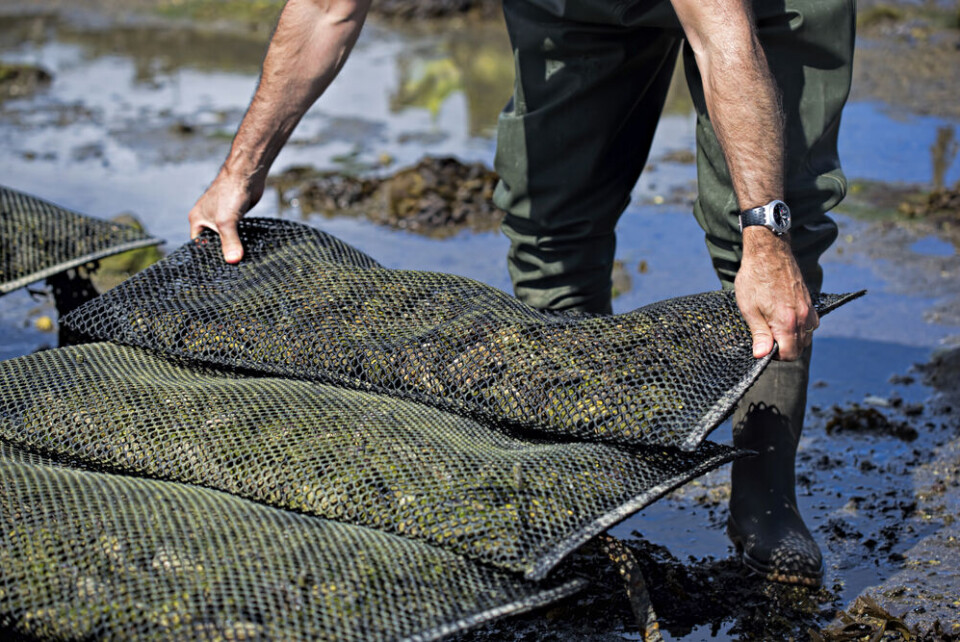-
Rhône restoration returns riverbanks to natural state near Lyon
€8.2m project will bring back marshy areas to 5km of the river, helping wildlife to thrive
-
How to help hedgehogs in your garden in France
Follow these tips to create a healthy ecosystem for this protected species
-
Why microphones are installed in hundreds of trees across France
Researchers have set up devices in more than 100 forests across the country
Three tonnes of oysters worth €20,000 stolen in south-west France
The seafood is traditionally eaten during end-of-year celebrations in France and thefts are common in the lead-up despite gendarme monitoring and surveillance drones

Three tonnes of oysters that were ready to be sold have been stolen from a farm on the Île de Ré (Charente-Maritime) in south-west France, amounting to losses of around €20,000.
The theft took place between October 22 and November 4 from a farm in Loix, with the thieves able to access sites with tractors or boats.
Oysters are traditionally eaten during Christmas and end-of-year celebrations in France.
Approximately 30,000 tonnes of oysters are produced in Charente-Maritime by a thousand or so small farmers each year, which represents one third of the national production.
Thefts of the mollusks are common in the area in the run up to Christmas. This is despite the fact that oyster beds are monitored by gendarmes, who use technology such as trackers camouflaged as oysters and drones.
France is the biggest oyster producer in Europe.
Oyster prices to increase
A combination of unfavourable weather, the coronavirus pandemic and higher costs of oyster farming equipment has pushed up prices of the popular delicacy this year.
There has been a lack of sun and a lot of clouds since spring, contributing to a shortage in grade two and three oysters.
Oysters in France are categorised by size, on a scale of 0 to 5. Five is the smallest, and 0 the largest.
grades four, three and two are popularly eaten but this year there is a shortage of grades two and three, with producers around one month behind schedule with these types.
On top of this, equipment has become more expensive, linked to the pandemic and the global supply shortages, with plastic packaging notably increasing in price.
Professionals in the sector are expecting therefore to produce a smaller quantity of oysters this year, but with the price increases hope to have a similar financial turnover.
Related stories:
Foie gras producers in France oppose UK plans to ban imports
Recall in France over supermarket smoked salmon due to listeria risk
























